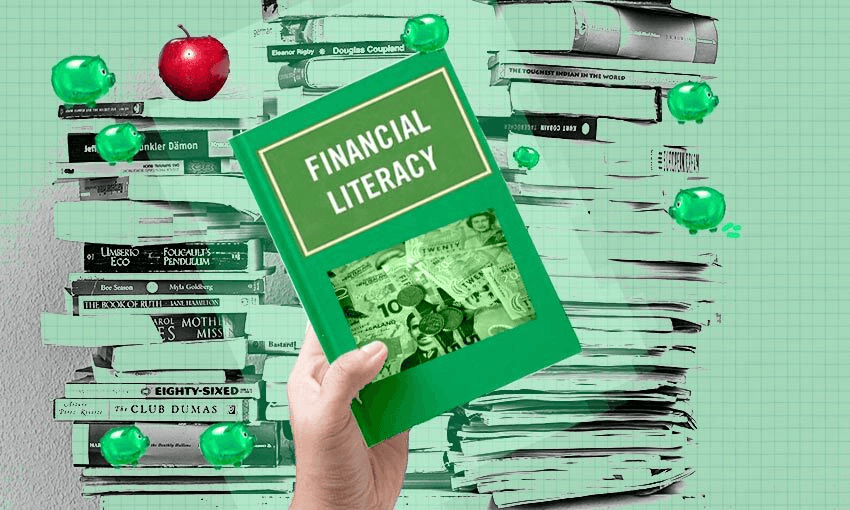Mandating the teaching of financial skills at schools is a positive move, says Māngere Budgeting Services Trust’s Lara Dolan. But surely something so important deserves to be a subject in its own right.
Māngere Budgeting Services Trust welcomes Labour’s plan to introduce mandatory financial literacy courses for students across all year levels from 2025. Young New Zealanders need to understand financial concepts, explore risks and develop the skills and confidence to apply this knowledge to financial decision-making. These skills are vital for them to be able to manage their finances.
It is evident to us that young adults have an inability to choose the right financial products and rarely understand or do any financial planning or budgeting.
Schools are an ideal channel for financial education as they provide access to all learners, and it will be helpful if every student completes a basic financial education class in year 11.
Labour’s proposed financial literacy classes topics are saving and investing, budgeting and financial management, setting financial goals and planning ahead, banking, borrowing, credit and debt, KiwiSaver and insurance, income and taxes, consumer rights and identifying and managing risk.
These are excellent topics and are similar to those we cover in our financial capability programme, Te Ora Putea, which we teach to adult learners. We are hoping that the Labour-proposed programme would also cover the difference between wants and needs, preparing a household budget, learning how to track expenses, creating a savings plan, understanding borrowing and learning about fine print and interest, and planning for retirement.
The prime minister says that financial literacy won’t be an extra demand on teachers, and that financial education will start in primary school and be taught mainly through maths and social sciences in secondary school. This suggests financial education will be taught as part of existing subjects, but Māngere Budgeting Services Trust believes that financial education should be a subject in its own right.
Schools have subjects such as languages, drama, technology and music, so we cannot see why financial capability cannot be a class on its own. Financial education is often looked at as an extracurricular subject or as something that children will learn as they grow up. However, this is not always the case. We see numerous adults who have problems understanding finances and cannot understand bank statements or hire purchase agreements. Many are struggling to manage their money or are in financial difficulties because they do not understand how to make sound financial decisions. Lack of financial education, especially understanding debt and borrowing, puts people and families in huge financial hardship and creates poverty.
The rising costs of food, petrol and rent makes everyday life hard for lots of people. It is disheartening to see the significant number of whānau who now need to prioritise what debt gets paid first.
Last financial year, Māngere Budgeting Services Trust saw an increase in levels of debt, with debt with finance companies increasing by 51% and buy-now-pay-later (including Afterpay and Oxipay) by 15%.
We see more people withdrawing their KiwiSaver funds for financial hardship reasons as their level of debt is beyond manageable. This is not good news, as these people will need their KiwiSaver funds when they retire. High levels of debt also cause high stress and anxiety, so people must know how to manage their finances and level of debt better. Financial literacy at schools, provided it is delivered as a subject in its own right, will help future generations.
We’re also seeing more people accessing Māngere Budgeting Services Trust’s support because their mortgage repayments have doubled, so they’re unable to cover them as well as pay for basic necessities. Some families are working 12 hours or more each day so they can earn extra income to pay the mortgage payments and not lose their homes.
In introducing financial literacy education in schools, the Ministry of Education could explore a partnership model with NGOs that are currently providing financial capability services. Some of them could be a good fit and equipped to deliver classes to schools.
Māngere Budgeting Services, for instance, is already delivering our financial capability programme Te Ora Putea to a few colleges. In addition, we recently delivered a financial education class to a small primary school. Both classes were a success, and we received lots of positive feedback.





